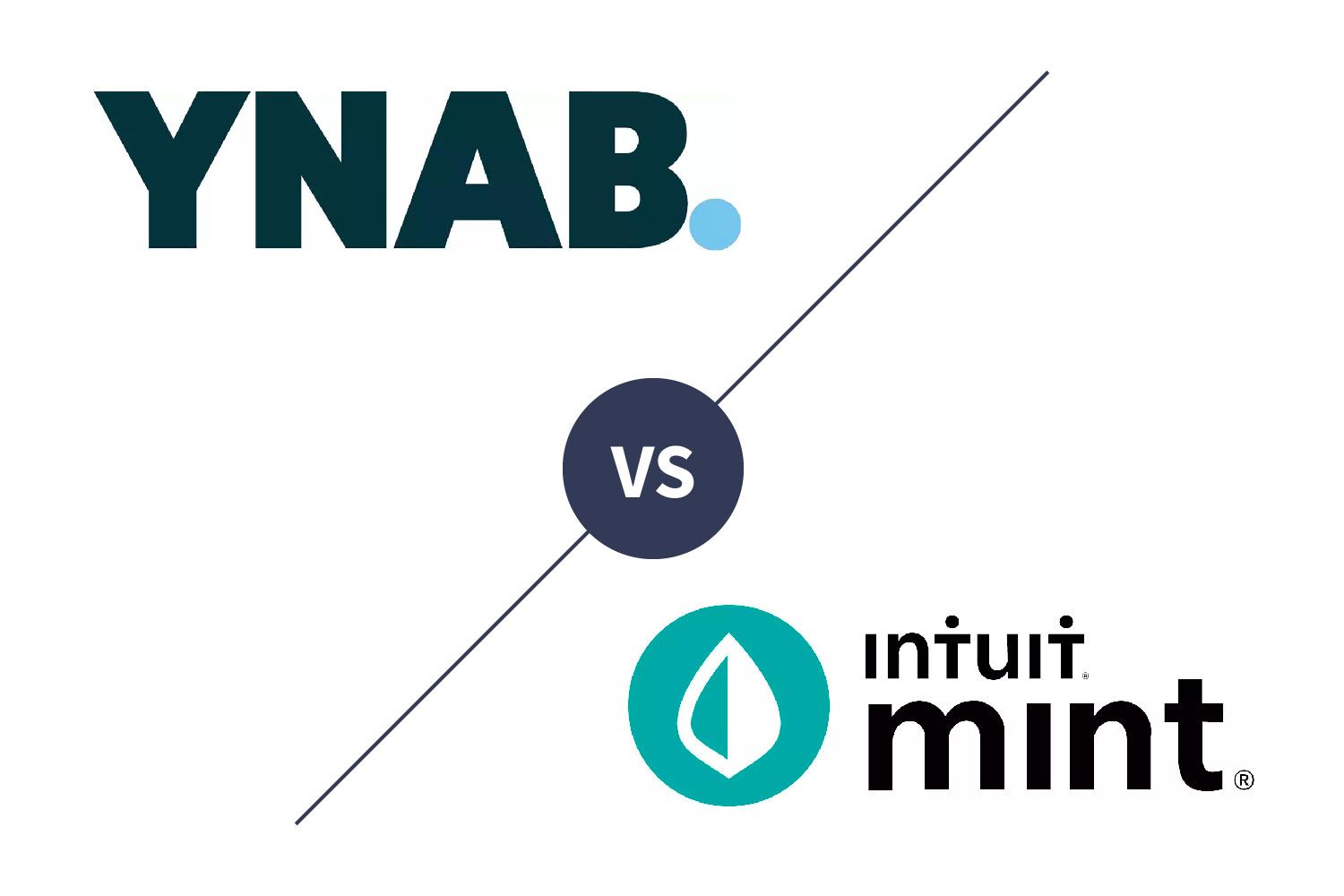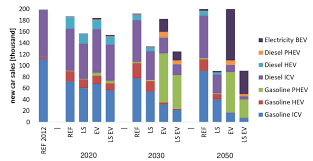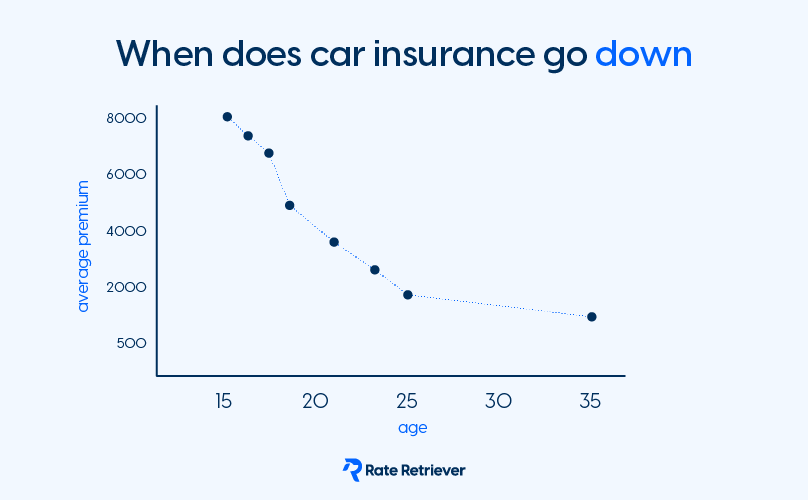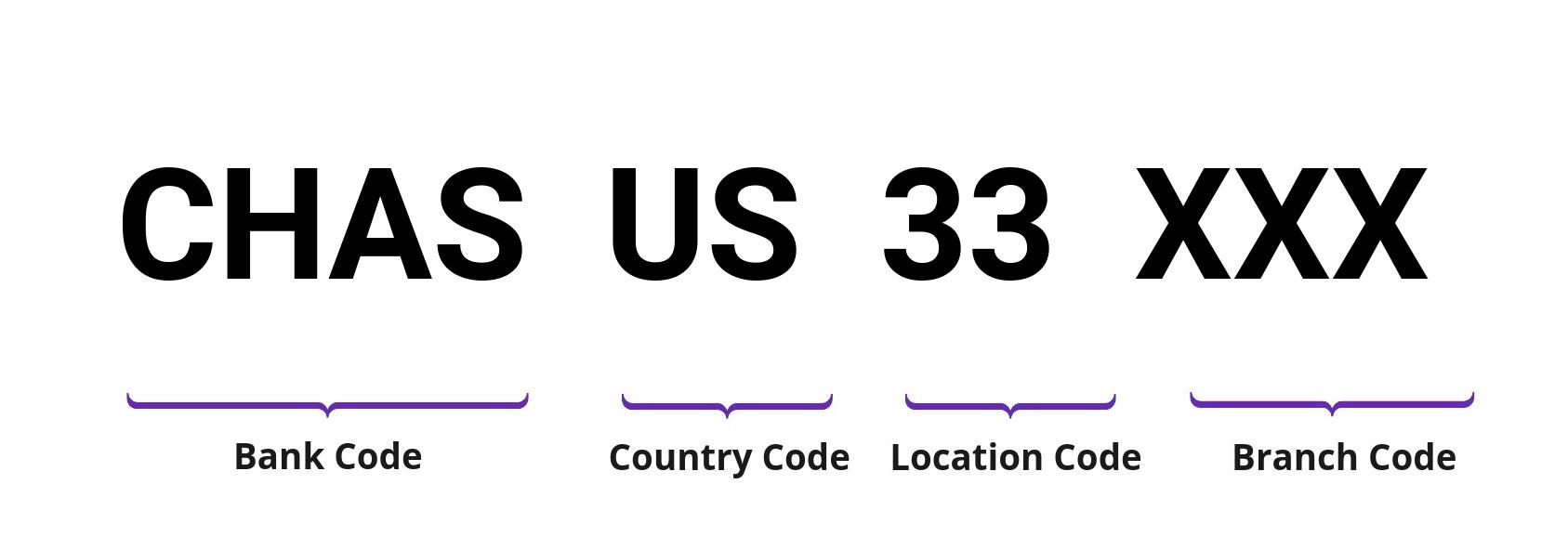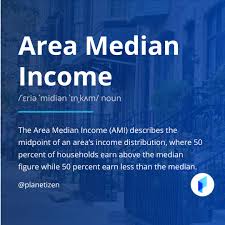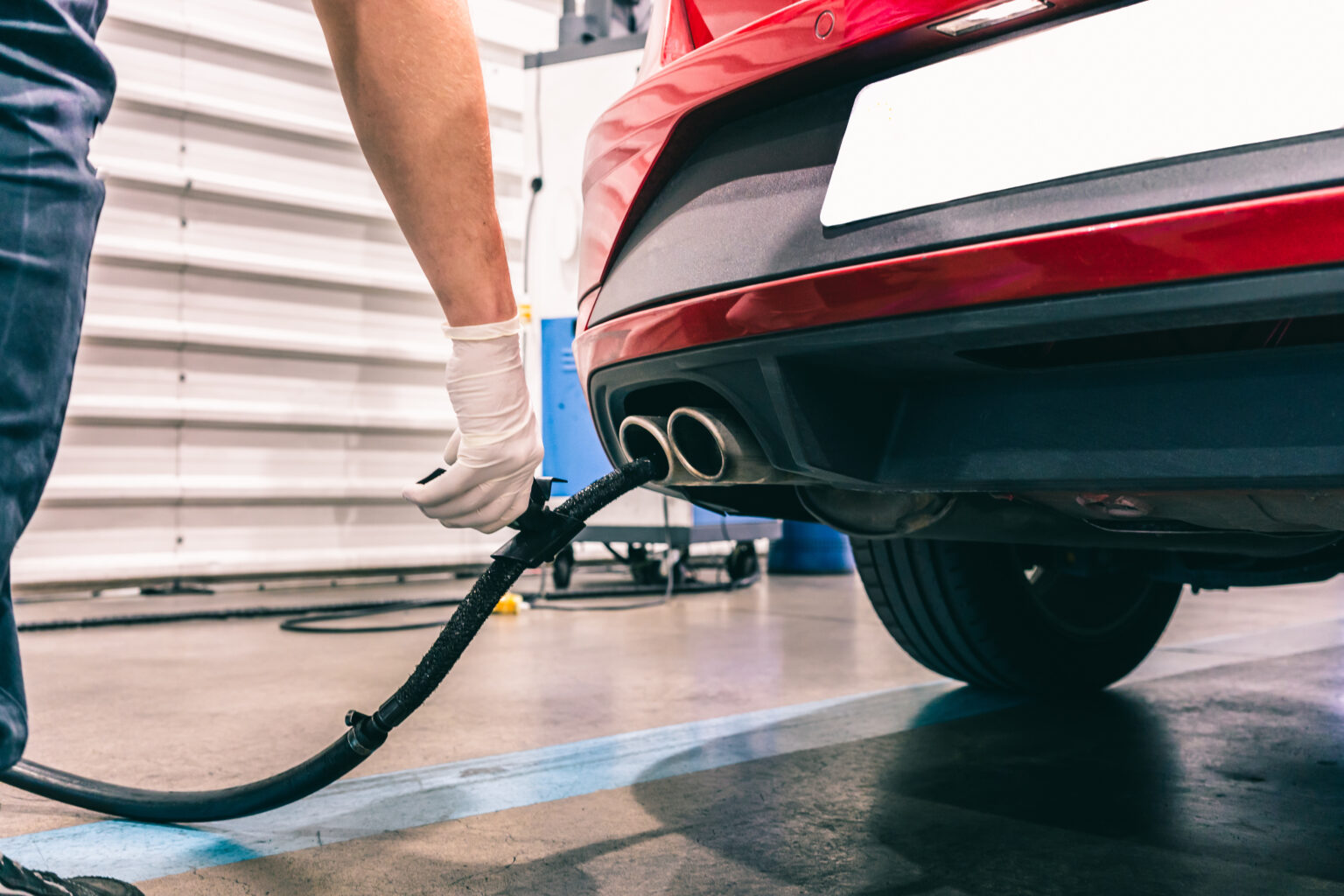If you’re shopping for a new car, chances are you’ve asked yourself: what’s the difference between a hybrid vs. gas car? It’s a fair question—especially with fuel prices, environmental concerns, and new car technologies shaping how we drive.
The short answer:
- Hybrid cars have both a gas engine and an electric motor, meaning they can switch between the two depending on driving conditions.
- Gas cars, on the other hand, rely only on a traditional gasoline engine.
This key difference makes hybrids more fuel-efficient and often greener—but also a bit pricier upfront. Let’s dive deeper so you can decide which type of car fits your lifestyle best.
How Do Hybrids Work?
Think of a hybrid as a team effort. It has a regular combustion engine (like a gas car) plus an electric motor and battery. Depending on your speed and how you drive, the car’s onboard computer decides which power source to use.
- At low speeds, many hybrids rely mostly on electricity, making city driving super efficient.
- When you accelerate or drive on highways, the gas engine kicks in.
This balance is what makes hybrids a popular choice for drivers who want fuel savings without fully committing to an electric vehicle (EV).
👉 Want a deeper look? Check out U.S. Department of Energy’s guide to hybrid and plug-in electric vehicles.
Do Hybrids Still Use Gas?
Yes—they do. But how much depends on the type of hybrid you choose:
- Full Hybrids – Can run on gas, electric, or both. They also recharge their batteries through the gas engine and regenerative braking.
- Mild Hybrids – Use an electric motor to assist the gas engine but can’t run on electricity alone.
- Plug-In Hybrids (PHEVs) – Similar to full hybrids, but you can recharge them externally (like at home or at a charging station). These usually have larger batteries and can drive longer distances in electric-only mode.
If you’re curious about how hybrids compare to electric vehicles, check out this resource from EPA.gov.
Pros of Hybrid Cars
So, why are so many people making the switch? Here are the standout benefits:
- Better Fuel Efficiency – Hybrids sip gas more sparingly, especially in stop-and-go city driving.
- Lower Emissions – Fewer tailpipe emissions mean less air pollution compared to gas cars.
- Fuel Cost Savings – With fewer trips to the pump, you’ll save money over the lifetime of your car.
- Quieter Rides – Many drivers enjoy the smoother, quieter experience when the car runs on electric power.
Cons of Hybrid Cars
Of course, no car is perfect. Here are some things to keep in mind before buying a hybrid:
- Higher Upfront Cost – Hybrids generally cost more than their gas counterparts.
- Maintenance Costs – While routine maintenance (like oil changes) can be lower, specialized repairs—like battery replacement—can be pricey.
- Performance Tradeoffs – Hybrids prioritize efficiency, so they’re usually not as powerful for towing or quick acceleration.
- Insurance Costs – Because hybrids are more expensive to purchase and repair, insurance rates may be higher. (Tip: Compare rates across providers—check out Progressive or GEICO to see potential differences).
Can a Hybrid Car Actually Save You Money?
Yes—but it depends on how you drive and how long you keep the car.
- Fuel savings add up: Over time, hybrids save hundreds (sometimes thousands) on gas.
- Maintenance: You may save on routine items like brakes and oil changes, but repairs can be more expensive if something major fails.
- Tax Incentives: Depending on where you live, you might qualify for federal or state tax credits. For example, the IRS lists eligible clean vehicle tax credits.
If you’re a commuter who spends a lot of time in traffic, the fuel savings and incentives could easily offset the higher sticker price.
Should You Buy a Hybrid Car?
Here’s the bottom line:
- If you’re looking for a budget-friendly car upfront and don’t mind higher fuel costs, a gas car might still make sense.
- If you want long-term savings, better fuel efficiency, and a smaller carbon footprint, a hybrid car is worth the investment.
Before making the leap, ask yourself:
- How long do I plan to keep this car?
- How much do I drive daily?
- Would I benefit from federal or state tax credits?
- Am I okay with potentially higher insurance and repair costs?
👉 Still unsure? Compare hybrid models side by side at Kelley Blue Book’s hybrid car guide.
Final Thoughts
The choice between a hybrid vs. gas car comes down to your driving habits, budget, and long-term goals. If you want to save on fuel and do your part for the environment, hybrids are a smart choice. But if you prioritize upfront affordability and don’t drive much, a gas car may be all you need.
Either way, knowing the differences helps you make an informed decision—and avoid buyer’s remorse.
